
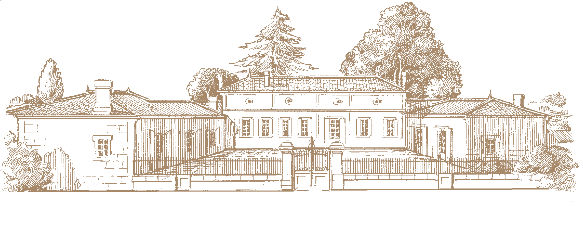
” It all began more than a century ago when Prosper-Jean Robin (1848-1930) acquired Château La Couspaude, which is ideally situated at the entrance to the medieval village of Saint-Emilion, a meeting place for pilgrims on their way to Santiago de Compostela. It is from this perfect geographical location at the top of the clay-limestone plateau of Saint Emilion that the estate takes its name: “La Croix Paute” (now “La Couspaude”). This cross, which still stands in front of the entrance to the chateau, marks the crossroads from which the pilgrims set out for their different destinations.“
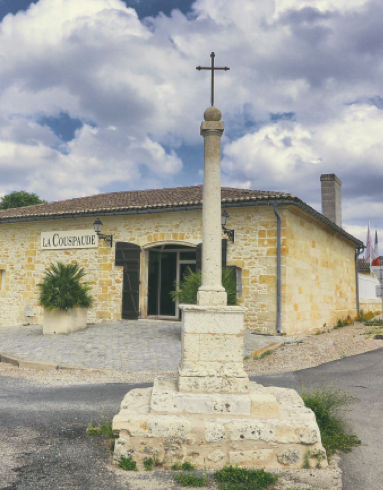
1867 A HISTORIC DATE
Château La Couspaude has enjoyed a good reputation since the second half of the 19th century. It was present at the 1867 World's Fair in Paris where it was awarded a prestigious gold medal. At that time, as an extract from the 1868 edition of the famous Féret testifies, La Couspaude was classified as a Saint Emilion First Growth.
In the 1889 edition, La Couspaude retained its Premier Cru classification and in 1898, the Féret put Château La Couspaude in the limelight by publishing an engraving of the château and judging that it "produces one of the best wines in the Saint-Emilionnais". This prestigious wine therefore had an old and established reputation that would last for many years.
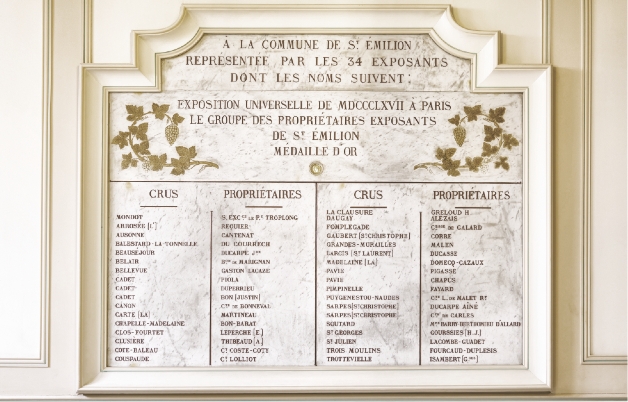
Commemorative inscription
Saint-Emilion Town Hall

IN THE LAND OF OUR ANCESTORS
Prosper-Jean's eldest son, André, inherited his father's properties and in 1919 married Odette Lacoste, who gave him three children. When André died, La Couspaude went to the first of his two daughters, Edith. In 1941, Edith married Etienne Aubert (1910-2004), whose name she took and who was himself the heir to a dynasty of winegrowers dating back to the middle of the eighteenth century. With this union, Château La Couspaude became part of the AUBERT vineyards, which already owned and managed several estates on the right bank of Bordeaux. Naturally, the passion for winegrowing was passed on to Edith's three sons, who undertook major renovation work in the 1980s. Alain, Daniel and Jean-Claude have used the best cultivation and winemaking techniques for this amazing terroir and are consolidating the success story begun at the beginning of the last century by their great-grandfather, Prosper-Jean, by passing on to their respective children, the fifth consecutive generation, this family torch that shines with a century-old flame.

Château La Couspaude - 1935
 ATTACHED TO OUR ROOTS
ATTACHED TO OUR ROOTS
People come and go. The land remains. How rare it has become to be able to follow the mortal sine wave of the former without taking one's eyes off the straight, impassive line of the latter. How rare it has become, nowadays, for a vineyard to still bear witness to a family saga, to reflect in itself the richness of a human history spanning a hundred years. La Couspaude, however, is of this breed, one whose history merges with that of the family that owns it. Roots not only anchor vines to the land, they can also bind generations of people to their common history, as is the case with those of La Couspaude.
FROM THE PAST TO THE FUTURE
“The AUBERT family has been growing vines in Saint-Emilion in the Bordeaux region for over two centuries.”
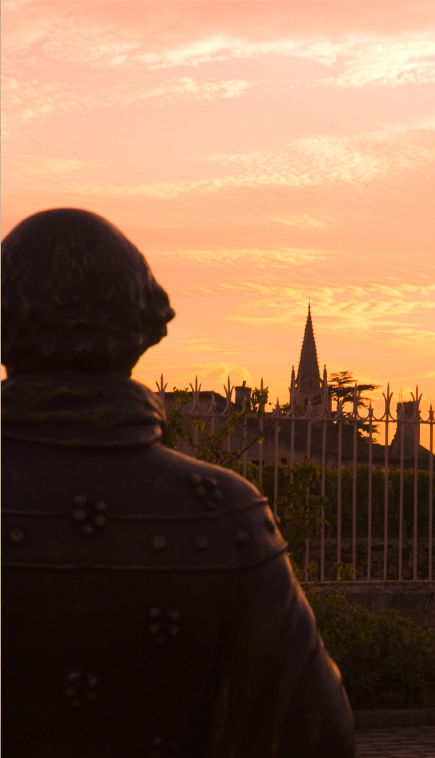
Château La Couspaude is not only the place where a great wine is produced, it is also the reflection of the soul of a family, the place where the Aubert family lives. Over two centuries of uninterrupted family history from Joseph Aubert, founder of the lineage, to the present day.
Two centuries of a passion for great wines, faithfully handed down from generation to generation, all of whom, in turn, are the custodians of this century-old know-how, which they enrich before entrusting it to the next generation.
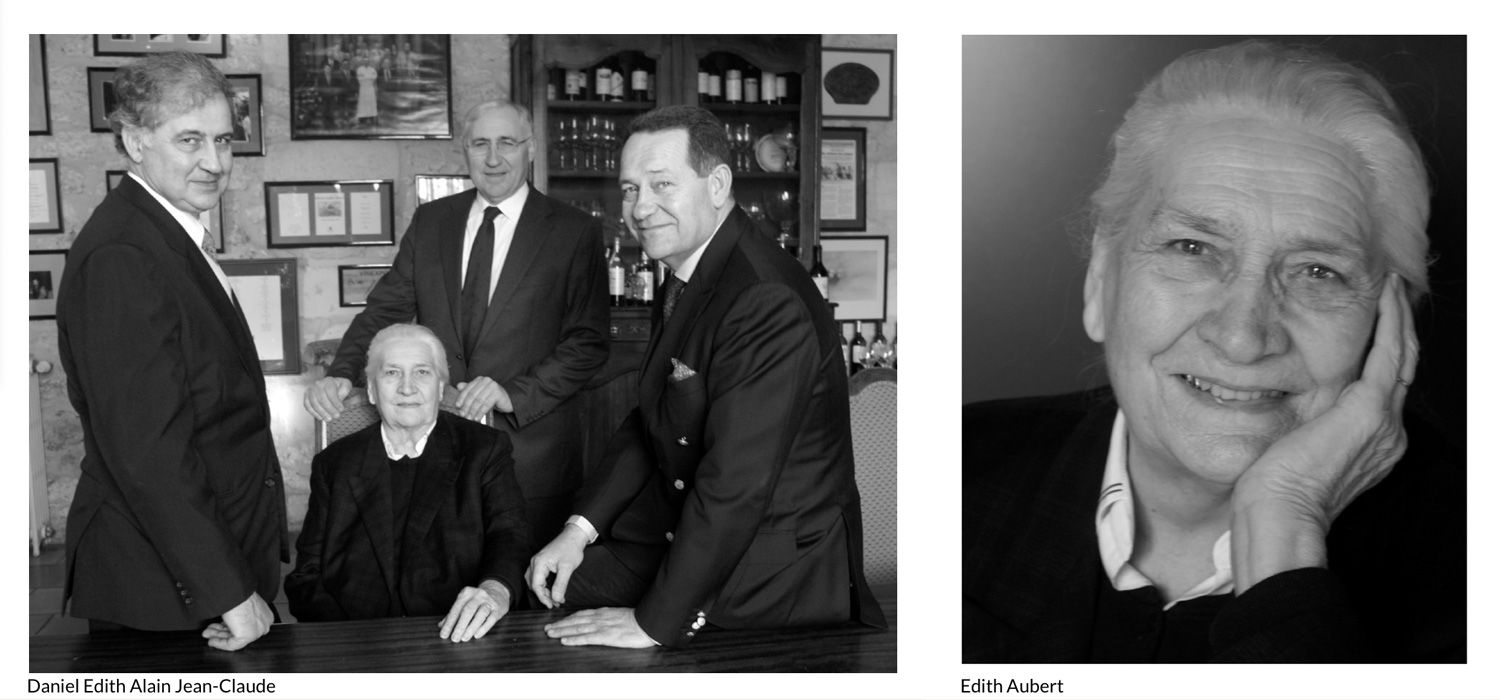
A JOURNEY THROUGH TIME
THROUGH THE LABELS